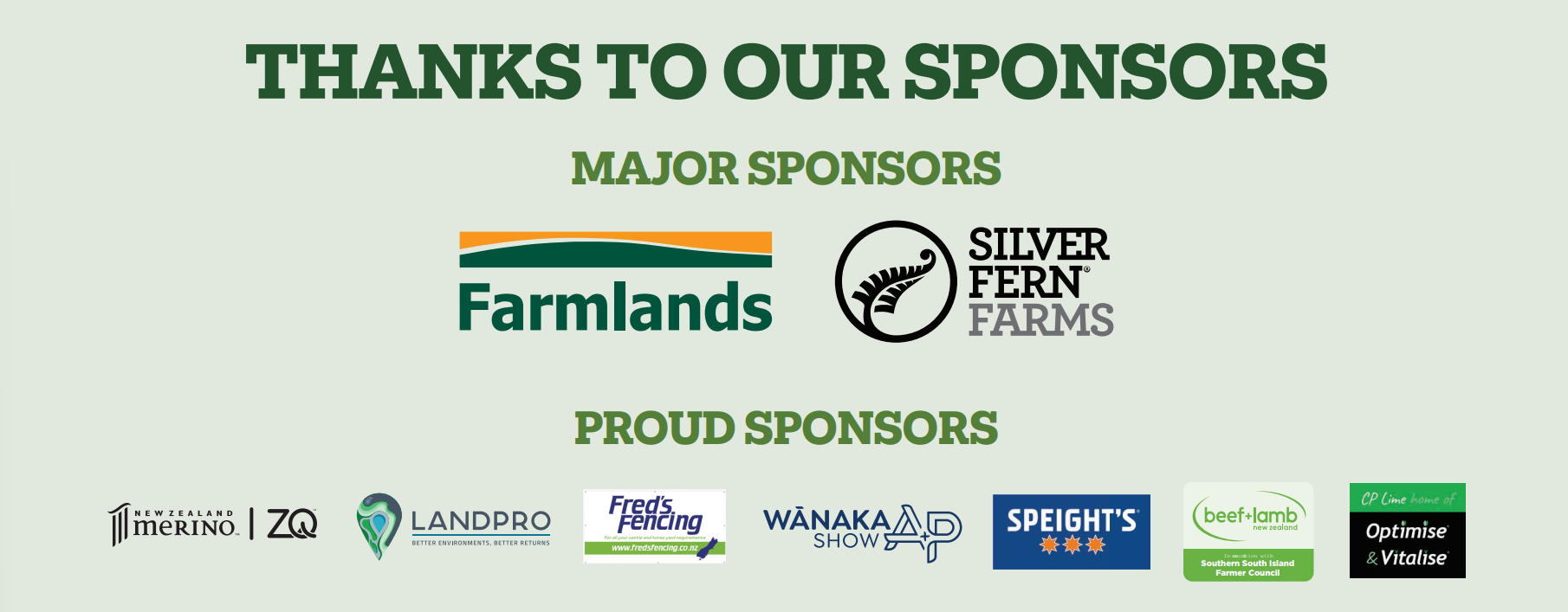
"Farming — it’s us. It’s all around us. It’s our family, it’s our friends."
That is how Sandra Campbell sums up her and husband Chris’ life on a South Otago dairy farm, where she has been known to join the odd Zoom call while potting in her native plant nursery.
The couple started dairy farming in 2009 and the innovative and supportive dairy industry had given them the opportunity to grow their business and achieve farm ownership, she said.
They milk 500 cows; Chris "does the cows and the grass" while Sandra does the business side and works off-farm for the Ministry for Primary Industries as on-farm support in Otago.
That role, which was not regulatory, involved helping farmers through policy, making it clearer and helping form a strategy around priorities and steps.
Prior to that, she was facilitator for Thriving Southland.
Brought up on a sheep farm, she had a very straight line to farming; from Lincoln University to rural banking to farming.
When it came to her "why", Sandra said it was about connecting people.
"Because I really enjoy getting people together.
"I just like challenging the brain and getting out and seeing people.
"It’s all connected. People in communities around me, it’s really important to me they are strong. It’s not easy at the moment, these people are all our friends and family.
"I do enjoy being on the farm but I also really enjoy people and that’s why I like my role and talking to people and helping people. And it’s probably better for our marital relationship if we’re not spending all of our time together," she laughed.
Sandra started a Red Meat Profit Partnership group of mainly women, saying it pumped through a lot of learning.
"Everyone should find their people to learn with."
She is also involved with a dairy business group in Gore and on the board of Otago South River Care.
She had had lots of opportunities, and wished other people had the same chances.
Organising a Women’s Enviro Series — which was about connecting, inspiring and empowering local women on sustainable agriculture practices — was about making information accessible locally.
The Southern Women’s Facebook group was an offshoot from the series; there was a lot of great stuff happening in the women-centric space that often people did not know about, she said.
"I like to push my boundaries with the knowledge that change is inevitable and exciting, not scary," she said.
Now she was doing the Escalator leadership course.
She and Chris worked as a team and were lucky to have the freedom of running the business themselves, she said.
"We also have very supportive families who are always happy to help in a sticky spot, which is so comforting."
Growing native plants in an on-farm nursery had been an enjoyable hobby and it was a nice change from her job.
The trees would be planted on-farm, which had about 20ha-30ha of fenced-off gullies that she wanted to plant.
The couple had two children, Charleigh, 11, and Ryan, 9, and they lived "the rural dream" on their bikes, motorbikes and horses, she said.
— Sally Rae
















